
AllQuestion and Answers: Page 1579
Question Number 52950 Answers: 1 Comments: 1
Question Number 52949 Answers: 0 Comments: 4
Question Number 52948 Answers: 2 Comments: 1
Question Number 52947 Answers: 1 Comments: 0
Question Number 52944 Answers: 1 Comments: 0
Question Number 52938 Answers: 0 Comments: 3
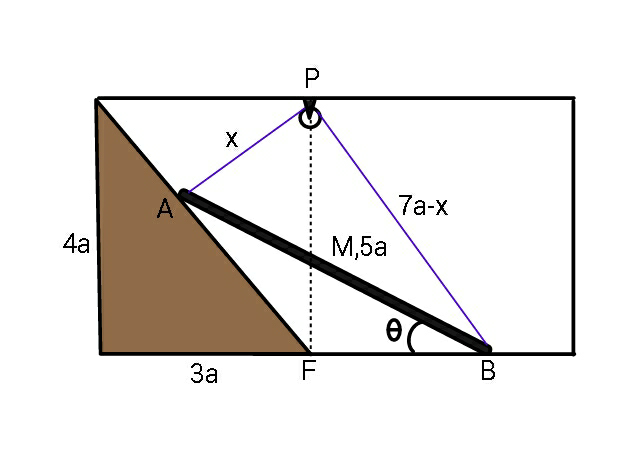
Question Number 52936 Answers: 0 Comments: 1
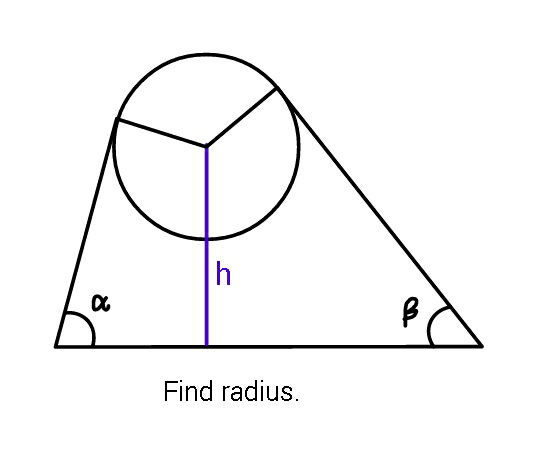
Question Number 52946 Answers: 1 Comments: 1
Question Number 52945 Answers: 3 Comments: 2

Question Number 52911 Answers: 2 Comments: 2

Question Number 52898 Answers: 1 Comments: 0
$$\int\mathrm{arcsin}\:{x}\:\mathrm{arccos}\:{x}\:{dx}=? \\ $$
Question Number 52900 Answers: 3 Comments: 0
Question Number 52867 Answers: 1 Comments: 0

Question Number 52859 Answers: 0 Comments: 3
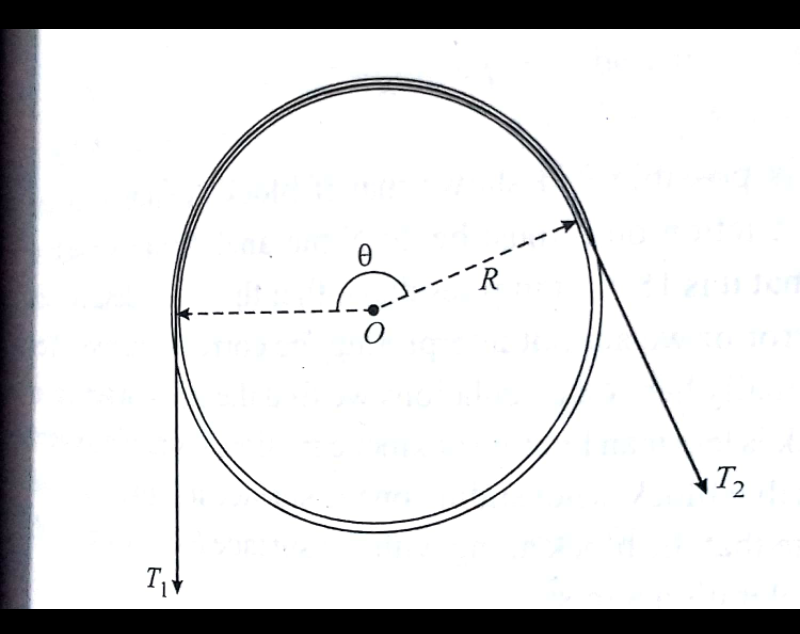
Question Number 52847 Answers: 0 Comments: 2

Question Number 52846 Answers: 1 Comments: 0
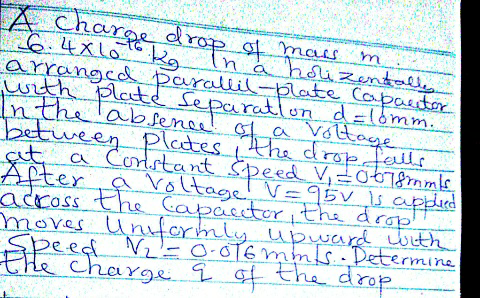
Question Number 52845 Answers: 1 Comments: 0

Question Number 52841 Answers: 1 Comments: 4

Question Number 52881 Answers: 1 Comments: 9

Question Number 52825 Answers: 1 Comments: 4
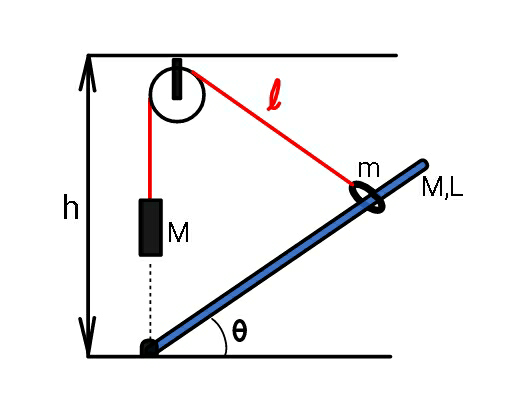
Question Number 52820 Answers: 1 Comments: 0
Question Number 52818 Answers: 1 Comments: 0

Question Number 52814 Answers: 0 Comments: 6
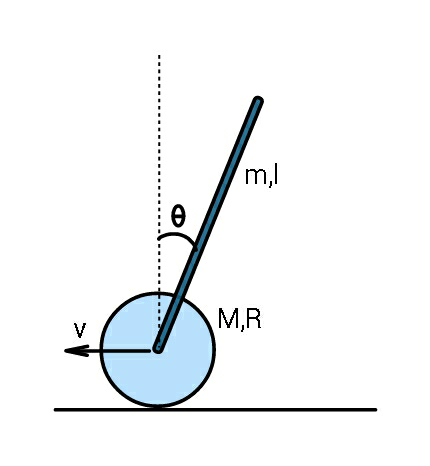
Question Number 52808 Answers: 0 Comments: 0

Question Number 52806 Answers: 1 Comments: 2

Question Number 52802 Answers: 0 Comments: 0

Pg 1574 Pg 1575 Pg 1576 Pg 1577 Pg 1578 Pg 1579 Pg 1580 Pg 1581 Pg 1582 Pg 1583
